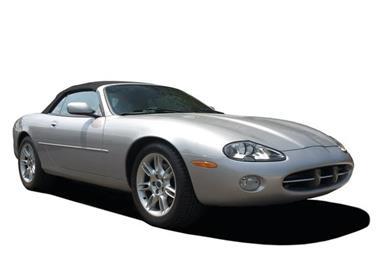NU has devised a series of top tips to help prevent potential crashes or breakdowns
Norwich Union has warned fleet managers of commercial vehicles that poor vehicle maintenance and inspection procedures could be the focus of an investigation by the police and/or the HSE should a serious accident occur.
To minimise risk and assist fleet managers with their duty of care requirements, Norwich Union has devised a series of top tips to help prevent potential crashes or breakdowns:
• Complete a full and detailed daily check of the vehicle (and trailer where appropriate), including a final walk around check. Ensure that any defects discovered are rectified before commencement of any journey
• Pay particular attention to lights, tyres and load security
• Ensure clear all round vision is maintained at all times. Check that windows on the vehicle are clean (inside and out), the wiper fluid reservoir is full with the correct strength of washer fluid and the wipers and blades are in good working order
• Scratches on a windscreen can potentially obscure the driver's vision when they are hit by headlights from on-coming traffic
• Ensure that tyres are free from defects, have the legal amount of tread and that they are set at the correct pressure for the vehicle type and the load carried - all in accordance with the vehicle manufactures specifications
• Ensure wherever possible that work patterns are planned to minimise the likelihood of driver fatigue
• Drivers should not drive for more than two hours without taking a break. Ideally drivers should be encouraged to take short, frequent breaks during journeys whilst staying within the driver's hours rules
• It is a well-known fact that certain activities such as walking and stretching triggers the sympathetic nervous system and helps keep drivers alert
• Drivers should remain hydrated and drink plenty of water to help concentration, and have adequate supplies of water in their vehicle
• Completely avoid drinking alcohol 24 hours before attempting any journey
• Avoid the use of sleeping pills or other medication that could cause drowsiness as well as long periods of sleep before any journey. Ensure drivers are fully awake and not under the influence of anything that could affect driving performance
• Drivers should never drive tired; tiredness significantly increases the risk of having an accident/crash. If drivers experience any symptoms of excessive tiredness, it could be due to the underlying sleep condition known as sleep apnoea
• The hallmark symptom of sleep apnoea is excessive daytime sleepiness,













No comments yet